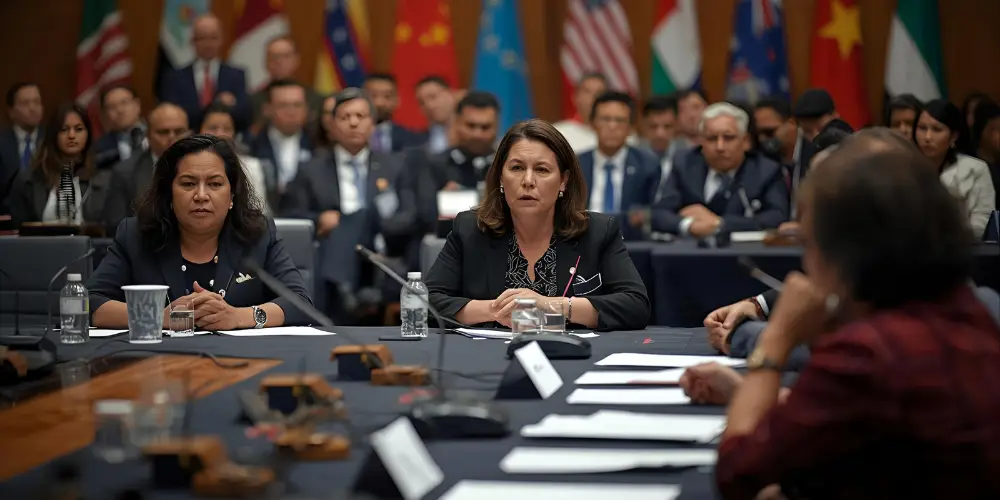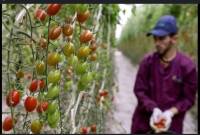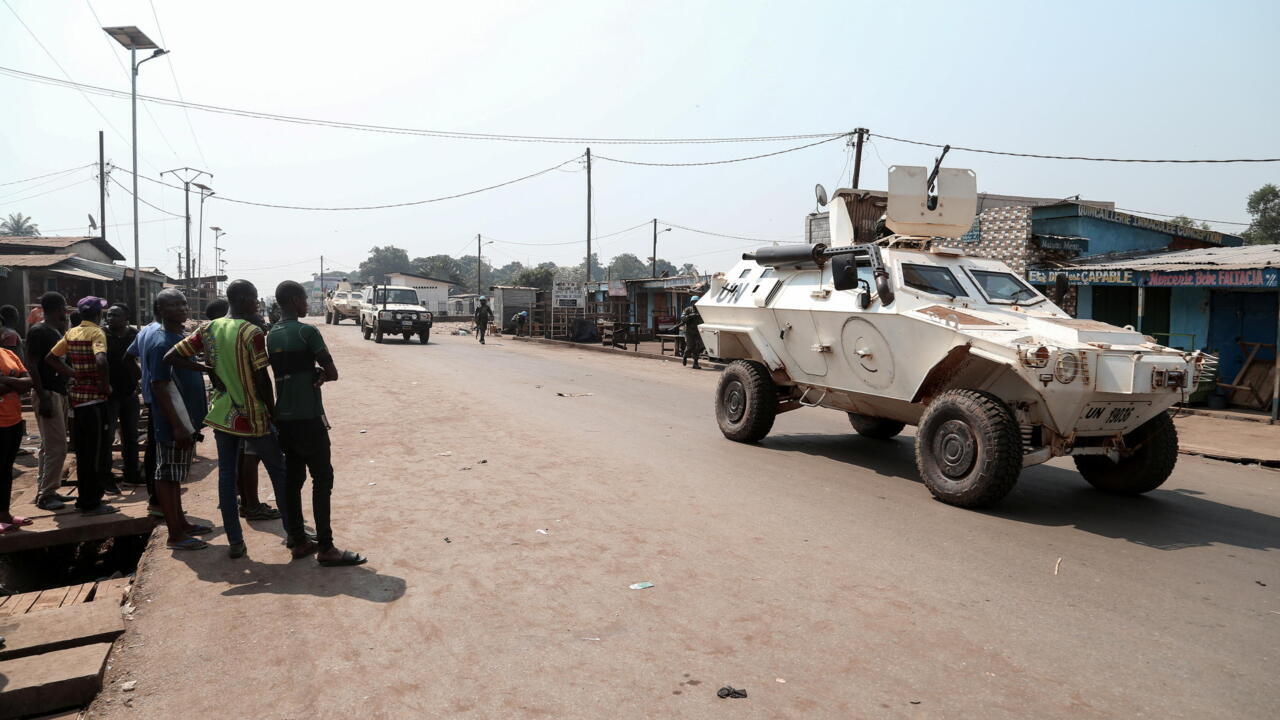Introduction
Cameroon is approaching a decisive moment in its political history. With the presidential election scheduled for October 12, 2025, the nation finds itself at the center of both domestic and international attention. While the ruling party has remained firmly in control for decades, the opposition continues to face the same critical challenge: agreeing on a consensus candidate capable of uniting the fragmented political forces. This article explores the historical background, current dynamics, and possible scenarios surrounding this crucial election.
Historical Context of Cameroonian Politics
To understand the weight of the current debate, it is important to reflect on Cameroon’s political history. Since independence in 1960, the country has struggled with centralized leadership and limited democratic transitions. For over four decades, President Paul Biya has remained the dominant figure, shaping the nation’s governance and political culture. This lengthy rule has left the opposition with little room to grow, yet repeated calls for reform have continued to gain ground.
The Legacy of Paul Biya
Paul Biya’s presidency, which began in 1982, has been marked by stability on one hand and accusations of authoritarianism on the other. His ability to hold power has come from a combination of strong party structures, control over state institutions, and the inability of opposition groups to unify. This long-standing dominance has made the search for a consensus candidate more urgent than ever in 2025.
The Fragmentation of the Opposition
Cameroon’s opposition parties represent a wide range of ideologies, ethnic groups, and regional identities. While this diversity highlights the vibrancy of civil society, it has also been a major weakness. Efforts to rally behind one consensus candidate have repeatedly failed in past elections, allowing the ruling party to secure victory despite growing dissatisfaction across the population.
Past Attempts at Coalition Building
Several attempts have been made over the years to form coalitions. These efforts often collapse due to disagreements over leadership, political ambition, and regional representation. In 2018, for example, the opposition’s inability to align behind one leader weakened their performance at the polls. The lesson was clear: without a unified consensus candidate, the ruling party holds the upper hand.
The Dynamics of the 2025 Presidential Election
The upcoming 2025 election presents a unique opportunity for opposition parties. Public dissatisfaction with economic stagnation, corruption, and governance issues has grown. International observers, including outlets like BBC Africa, have reported growing unrest and demand for political change. In this environment, the call for a consensus candidate is louder than ever.
The Role of Youth and Civil Society
Cameroon’s youth make up the majority of the population, and their voices are increasingly shaping the political discourse. Civil society groups, student associations, and online movements are pressing opposition leaders to put aside personal rivalries. They argue that only a consensus candidate can truly reflect the aspirations of ordinary citizens in 2025.
International Perspectives
International partners are also closely watching the election. Reports emphasize that Cameroon’s stability is tied to regional security in Central Africa. Foreign governments and NGOs stress that a fair election requires not only transparency but also a credible opposition candidate who can challenge the ruling elite. The notion of a consensus candidate resonates beyond Cameroon’s borders as a symbol of democratic progress.
Possible Scenarios Ahead of the Election
With less than a month before the polls open, Cameroon faces several possible scenarios. Each outcome will significantly shape the nation’s trajectory for years to come.
Scenario 1: Unity Around a Consensus Candidate
If the opposition successfully rallies behind one consensus candidate, the election could become the most competitive in decades. Such a move would boost voter confidence, attract international support, and potentially reshape Cameroon’s political map.
Scenario 2: Continued Fragmentation
If unity fails, the opposition risks repeating the mistakes of the past. Multiple candidates would split the vote, making it easier for the ruling party to secure another term. This outcome would likely deepen frustration among the population and fuel disillusionment with the democratic process.
Scenario 3: Boycott or Withdrawal
Another possibility is a partial boycott, where certain opposition factions withdraw in protest against perceived irregularities. While this would highlight electoral flaws, it would also leave the ruling party unchallenged, undermining the prospects for real change.
Conclusion
As Cameroon stands on the threshold of the 2025 presidential election, the debate over a consensus candidate remains central to its political future. The stakes are high: unity could finally open the door to democratic transition, while division would likely extend the dominance of the ruling elite. The decision made in the coming weeks will not only shape the election results but also the broader democratic aspirations of millions of Cameroonians. For more news click here.




